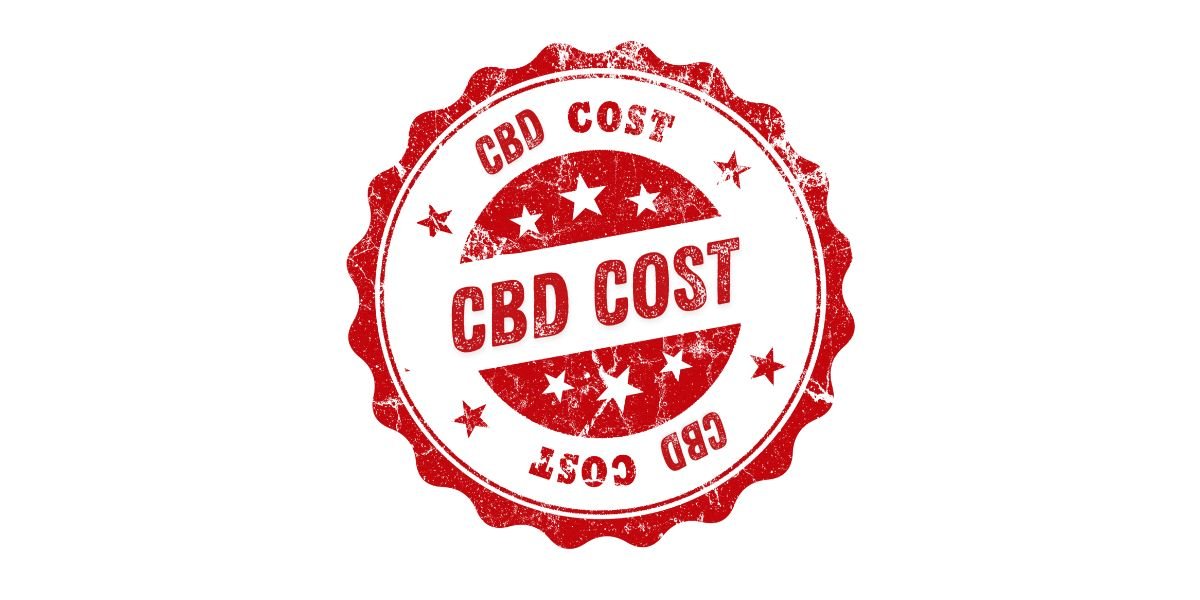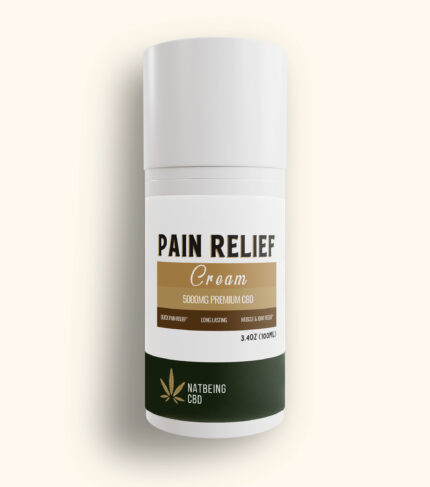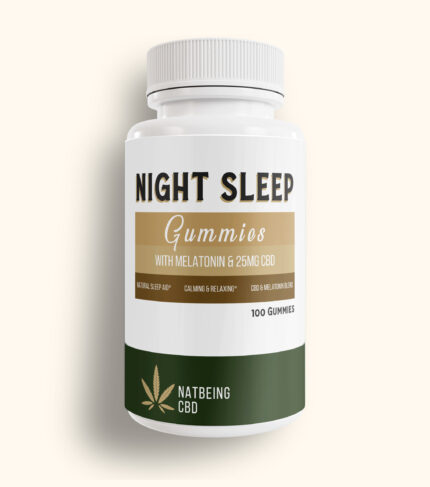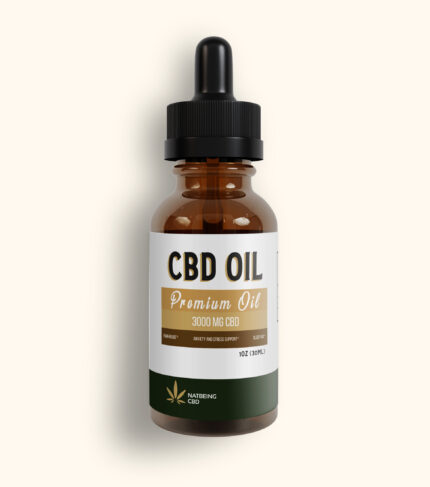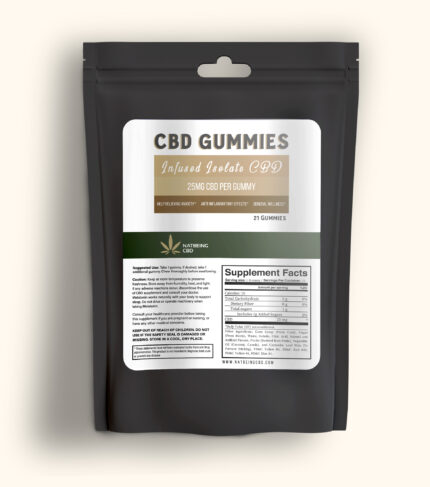
Blog
Yes, CBD may help with exercise-induced inflammation. Studies suggest CBD has anti-inflammatory properties.
It might reduce swelling and pain post-exercise. Exercise can lead to muscle soreness and inflammation. This is a natural response to physical stress. Athletes and fitness enthusiasts often seek relief to recover faster. CBD, a compound from the cannabis plant, is gaining attention.
It’s known for its soothing effects without the high. Many are curious if it can ease the discomfort from workouts. Understanding how CBD works with the body’s system could offer insights. This blog explores the potential benefits of CBD in managing exercise-induced inflammation. Discover how it might support recovery and enhance your fitness journey.
Cbd Basics
Understanding the basics of CBD is crucial if you’re considering it for exercise-induced inflammation. Whether you’re an avid runner or a weekend warrior, you might wonder how this popular compound can fit into your wellness routine. Let’s break it down into digestible pieces so you can decide if CBD is right for you.
What Is Cbd?
CBD, short for cannabidiol, is a compound found in the cannabis plant. Unlike THC, it doesn’t make you feel high. Many people turn to CBD for its potential therapeutic benefits, including relief from pain and inflammation.
Consider it as a natural option that might help soothe your post-workout soreness. If you’ve ever tried CBD, you might have noticed a sense of calmness or reduced discomfort. Could this be your secret weapon for recovery?
How Cbd Works In The Body
CBD interacts with your body’s endocannabinoid system. This system helps regulate various processes like pain, mood, and immune response. When you use CBD, it binds to receptors in this system, potentially offering relief.
Think about how you feel after an intense workout. Your muscles might be screaming for relief. CBD could offer a gentle hand in easing that discomfort. Does it mean CBD replaces your post-exercise stretching routine? Not necessarily, but it could enhance it.
Some athletes swear by CBD for quicker recovery. Yet, scientific research is still catching up. If you’re curious, why not try it and see how your body responds? Your experience might give you a new perspective on recovery strategies.
Have you ever considered the impact of your recovery choices on your performance? Could adding CBD be the missing piece in your fitness puzzle?

Credit: www.cornbreadhemp.com
Exercise-induced Inflammation
Exercise-Induced Inflammation is common in athletes and fitness enthusiasts. Intense workouts stress muscles and tissues. This stress triggers inflammation, a natural response. While it’s part of muscle recovery, excess inflammation causes pain and discomfort.
Causes Of Inflammation
Several factors lead to exercise-induced inflammation. Overtraining is a major cause. Pushing the body too hard causes micro-tears in muscles. These tears result in inflammation. Poor nutrition also contributes. Lack of essential nutrients weakens the body’s ability to repair itself. Dehydration can worsen inflammation. It hampers the body’s cooling process and muscle repair.
Impact On Athletes
Inflammation affects athletes’ performance. It leads to soreness and stiffness, slowing down recovery. Prolonged inflammation increases the risk of injuries. This can sideline athletes for days or weeks. Reduced mobility impacts training schedules. It forces athletes to skip important sessions. Chronic inflammation can affect mental health. Constant pain and discomfort lead to frustration and stress.
Cbd’s Anti-inflammatory Properties
CBD, or cannabidiol, has gained attention for its potential health benefits. Among these, its anti-inflammatory properties are noteworthy. Athletes and fitness enthusiasts often experience inflammation after workouts. This inflammation can be uncomfortable and slow recovery. CBD might offer a natural way to address this problem. Let’s explore the science behind it.
Scientific Evidence
Studies suggest CBD can reduce inflammation. Research shows it interacts with the body’s endocannabinoid system. This system helps regulate pain and immune responses. In a 2015 study, researchers found CBD reduced inflammation in rats. Another study in 2016 showed similar results. These findings suggest potential benefits for humans.
Mechanisms Of Action
CBD works by interacting with the endocannabinoid receptors. These receptors are found throughout the body. They play a key role in regulating inflammation. CBD may help by reducing the production of inflammatory molecules. It might also help by balancing immune system responses. This dual action can potentially minimize exercise-induced inflammation.
Understanding these mechanisms can help in managing post-exercise recovery. By reducing inflammation, CBD could support quicker healing. This might improve overall fitness and performance. While more research is needed, initial findings are promising. Exploring natural options like CBD could benefit those seeking relief from workout inflammation.
Benefits For Athletes
CBD is growing popular among athletes for its potential benefits. Its natural properties may support recovery and pain relief. This makes CBD a favored option for many athletes.
Recovery Enhancement
Exercise can lead to muscle soreness. Athletes often seek effective recovery methods. CBD may help reduce inflammation after intense workouts. This can lead to faster recovery times. By promoting relaxation, CBD helps in muscle repair. Athletes may experience less downtime between sessions.
Pain Management
Pain is a common challenge for athletes. CBD may offer a natural solution. It interacts with the body’s endocannabinoid system. This can help manage pain perception. Many athletes report reduced discomfort after using CBD. It may also help with chronic pain conditions.
Usage Guidelines
Many people explore CBD for its potential in easing exercise-induced inflammation. This natural compound may offer relief by interacting with the body’s endocannabinoid system. Understanding its benefits could enhance recovery and support a healthier exercise routine.
Considering adding CBD to your workout routine to help manage exercise-induced inflammation? Understanding how to use it effectively can make a real difference in your results. Here’s a guide to help you navigate the usage of CBD for this purpose. ###
Dosage Recommendations
Finding the right CBD dosage for exercise-induced inflammation can be tricky. Start with a low dose and monitor how your body reacts. Many athletes begin with 10-20 mg of CBD per day. Adjusting the dosage upwards should be gradual, based on your body’s response. Each person is different, so what works for one might not work for another. Consistency is key. Try to stick to a routine for a few weeks before making significant changes. ###
Forms Of Cbd
CBD is available in various forms, each with its own benefits. Oils and tinctures are popular for their easy dosage control. You can mix them into drinks or take them under your tongue. CBD capsules and edibles are another option, offering convenience and discreetness. They usually take longer to kick in, but their effects last longer. Topicals, such as creams and balms, are perfect if you’re targeting specific sore muscles. They allow you to apply CBD directly where it’s needed most. Choosing the right form of CBD can depend on your lifestyle and personal preferences. Consider what’s most practical for you. Are you the kind of person who prefers a morning smoothie, or do you need something quick and easy post-workout? Have you tried CBD for inflammation yet? If so, how did you find the experience? Understanding and experimenting with different forms and dosages can help you maximize the benefits of CBD in your fitness journey.
Safety Considerations
Considering safety is crucial when exploring CBD for exercise-induced inflammation. Always consult a healthcare professional before use, as CBD might interact with medications or cause side effects.
Exercise-induced inflammation is a common hurdle for athletes and fitness enthusiasts. You might be wondering if CBD can offer relief. While many are optimistic about its benefits, it’s crucial to consider safety aspects before diving into your CBD journey. ###
Potential Side Effects
CBD is generally considered safe, but like any supplement, it may have side effects. You might experience dry mouth, fatigue, or changes in appetite. Imagine finishing a workout and feeling more tired than refreshed. This could be due to CBD’s impact on your energy levels. Would you trade one discomfort for another? Assess how these side effects might affect your exercise routine. ###
Interactions With Medications
CBD can interact with certain medications. If you’re taking blood thinners or other prescriptions, CBD might alter their effectiveness. Think of your body as a finely tuned machine. Introducing CBD without considering these interactions could disrupt the balance. It’s always wise to consult your healthcare provider before adding CBD to your regimen. Have you ever considered how one small change might impact your health? Safety isn’t just about avoiding harm; it’s about making informed choices. By understanding these considerations, you can make the best decision for your fitness journey.
Legal And Regulatory Status
Understanding the legal and regulatory status of CBD is crucial if you’re considering its use to ease exercise-induced inflammation. The landscape is continuously evolving, and this can affect your choices and availability. Let’s dive into the current laws and what sports associations have to say about CBD.
Current Laws
The legality of CBD is a patchwork quilt of regulations that vary from country to country and even state to state. In the United States, the 2018 Farm Bill legalized hemp-derived CBD at the federal level, as long as it contains no more than 0.3% THC. However, individual states have the power to enforce stricter regulations.
Some states might restrict CBD sales, while others embrace it fully. Always check your local laws before purchasing or using CBD products. In other countries, CBD might be fully legal, partially restricted, or completely banned. It’s essential to stay informed about your specific location’s laws to avoid legal hassles.
Imagine buying a CBD balm after hearing great reviews, only to find out it’s illegal in your area. It’s a frustrating scenario, so always prioritize understanding your region’s legal stance.
Sports Associations’ Stance
Sports associations are increasingly addressing CBD use among athletes. The World Anti-Doping Agency (WADA) removed CBD from its list of prohibited substances in 2018. This move acknowledges CBD’s potential benefits while still cautioning against THC presence in products.
However, you should know that while CBD is permitted, THC, even trace amounts, can lead to penalties. It’s crucial to ensure your CBD products are THC-free if you’re a professional athlete or competing in regulated sports events.
Consider your goals and the sports association’s stance before incorporating CBD into your regimen. Are you willing to risk penalties for potential relief? This decision might not be straightforward but understanding the rules can help guide your choices.
Have you ever wondered how athletes manage inflammation and recovery under strict regulations? It’s a balancing act between seeking relief and adhering to rules. Keeping informed and cautious can lead to better decision-making for your health and career.
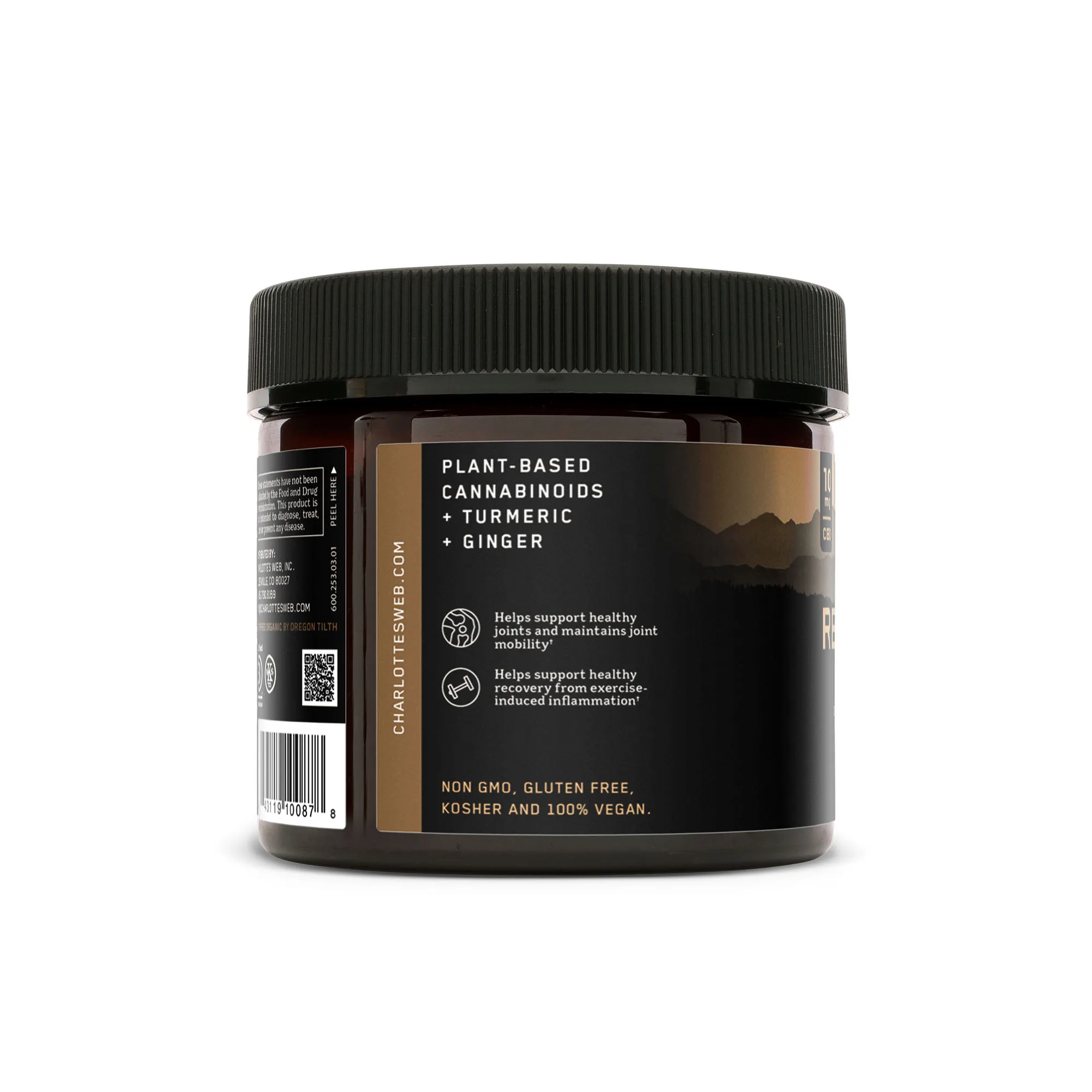
Credit: cbd.market
Future Research Directions
The exploration of CBD’s role in managing exercise-induced inflammation is ongoing. Scientists seek to understand how CBD interacts with the body during physical stress. Future research aims to provide clearer insights and solid evidence on its effectiveness. This section delves into emerging studies and potential developments in this exciting area.
Emerging Studies
Recent studies explore CBD’s anti-inflammatory properties. Researchers are examining how it can alleviate soreness post-exercise. Some studies focus on CBD’s interaction with the endocannabinoid system. This system plays a vital role in regulating pain and inflammation. Understanding this interaction could unlock new therapeutic uses.
Preliminary results are promising. They suggest CBD might reduce muscle soreness and improve recovery times. But more research is needed. Larger studies will help confirm these initial findings. This will lead to a better understanding of dosage and long-term effects.
Potential Developments
Future research might uncover new CBD applications for athletes. Scientists are exploring the effects of different CBD forms and delivery methods. Oils, capsules, and topicals might offer varied benefits. Each form has unique absorption rates and impacts.
Another potential development is the combination of CBD with other natural compounds. This could enhance its anti-inflammatory effects. Future studies might also focus on personalized CBD solutions. Tailored treatments for individual needs could become a reality.
Researchers hope to clarify CBD’s safety profile further. Ensuring it is safe for long-term use is crucial. This will help establish CBD as a reliable supplement for fitness enthusiasts.
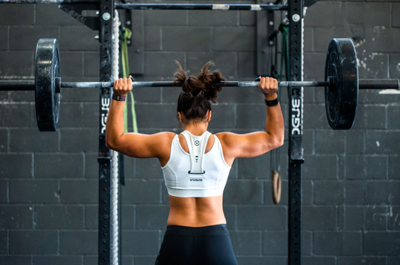
Credit: www.sfweekly.com
Frequently Asked Questions
Does Cbd Help With Exercise Recovery?
CBD may aid exercise recovery by reducing inflammation and alleviating muscle soreness. It supports relaxation and promotes better sleep, which is crucial for recovery. Research on CBD’s effects is ongoing, and individual results may vary. Always consult with a healthcare professional before incorporating CBD into your routine.
Does Cbd Reduce Body Inflammation?
CBD may help reduce inflammation by interacting with the body’s endocannabinoid system. Research suggests it can alleviate symptoms related to inflammation. Always consult a healthcare professional before using CBD for inflammation management.
When Should You Not Use Cbd?
Avoid CBD if pregnant, breastfeeding, or on medication. Consult a doctor if you have liver issues.
Does Cbd Oil Help With Muscle Inflammation?
CBD oil may help reduce muscle inflammation by interacting with the body’s endocannabinoid system. Some studies suggest it has anti-inflammatory properties. Consult a healthcare professional before using CBD for muscle inflammation to ensure safety and proper dosage.
Conclusion
Cbd shows promise in easing exercise-induced inflammation. Many athletes explore its benefits. Research indicates potential anti-inflammatory effects. User experiences are mixed but often positive. Cbd might aid recovery and reduce pain. Always consult a doctor before trying new supplements. Consider your personal health needs.
Cbd could be a helpful addition to your fitness routine. The future of Cbd in sports looks hopeful. Stay informed and make thoughtful choices. Your wellness journey is unique. Cbd might support it effectively.
Related posts
How Fast Does CBD Cream 5000mg Work on Sore Muscles?
Menthol and CBD: A Dynamic Duo for Pain Relief
Delta-8 vs Delta-9 THC: Which One Is Right for You?
CBD Cream 5000mg: Powerful Relief for Pain, Muscles & Joints
CBD for Arthritis Pain: What You Should Know
CBD Creams: Made with Hemp Oil for Pain Relief & Joint Support
Understanding Oral CBD vs Topical CBD: Which Works Best for You?
How CBD Cream Supports Your Body’s Natural Balance
CBD Cream for Arthritis Joint Pain: A Natural Way to Find Relief
Is CBD Cream the Secret to Glowing, Healthy Skin?
How CBD Cream Works on Your Skin
CBD Cream Costs: Finding the Perfect Balance Between Price and Quality
Table Of Contents
Recent Posts
Products
-
 CBD Cream 5000mg – Extra Strength Pain Relief Topical Rated 4.83 out of 5$33.93 – $49.99Price range: $33.93 through $49.99 — or subscribe and save up to 25%
CBD Cream 5000mg – Extra Strength Pain Relief Topical Rated 4.83 out of 5$33.93 – $49.99Price range: $33.93 through $49.99 — or subscribe and save up to 25% -
 CBD Sleep Gummies 2500mg With Melatonin - 100 count Rated 5.00 out of 5
CBD Sleep Gummies 2500mg With Melatonin - 100 count Rated 5.00 out of 5$69.99Original price was: $69.99.$34.99Current price is: $34.99. -
 3000mg CBD Oil Rated 5.00 out of 5$29.90
3000mg CBD Oil Rated 5.00 out of 5$29.90 -
 CBD Gummies 500 mg - 21 Gummies Rated 5.00 out of 5$19.90 – $23.00Price range: $19.90 through $23.00
CBD Gummies 500 mg - 21 Gummies Rated 5.00 out of 5$19.90 – $23.00Price range: $19.90 through $23.00
